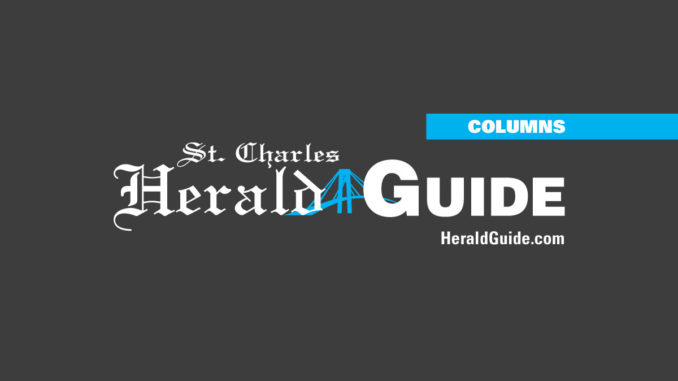
Sometime between now and the end of December, the state will release the amount of surplus revenue available after the books are closed on Fiscal Year 2005-06. There is little doubt that the size of the surplus will be huge, possibly as much as $500-$700 million. The surplus will come on top of two large upward revisions already made this year in the official state revenue estimate. In a sense, it is paradoxical that, at a time of great social and economic chaos, the state budget is being flooded with additional revenue. Unfortunately, much of that revenue has its origins in volatile oil and gas prices and taxes levied on replacement spending generated by the two hurricanes that hit last year.
When the big budget surplus number is announced and made available for allocation, the temptation to spend it on politically rewarding elements—instead of long-term strategic investments—will be great. After all, 2007 is an election year, and elected officials are looking for lots of glitzy “throws” to put in their Mardi Gras bags. Our state constitution requires that any surplus money be spent on the reduction of state debt, non-recurring capital outlay items, or contributions to the Rainy Day Trust Fund. Since the Legislature fully funded the Rainy Day Trust Fund in the current budget, little if any of the surplus dollars will be used for that purpose.
Here are some of the temptations our legislators will face when dealing with the surplus.
Temptation Number One: capital outlay vs. debt retirement. As mentioned previously, 2007 will be an election year. Many legislators believe that the best tonic for re-election is a helping of pork for their constituents. Paying off debt might make the bond rating agencies and reform groups feel happy, but it doesn’t have the short-term attraction of announcing new projects on the eve of elections.
Temptation Number Two: long-term debt vs. short-term debt. If by some miracle our state leaders decide to use most of the surplus to pay down debt, will they get the best bang for the buck by retiring long-term debt, such as the huge unfunded accrued liability (UAL) in the under-funded state retirement systems? Several hundred million dollars applied toward the retirement UAL would save billions of dollars a number of years down the road when the real crisis in the retirement systems hits home. This shrewd long-term strategy will be going head-to-head with the seductive wiles of short-term political spending. By paying off short-term debt, the Legislature would simply be using the surplus to pay current debt payments and then spending the replaced dollars on whatever strikes their fancy.
Temptation Number Three: using money freed up by paying off short-term debt to solve some real problems vs. buying political Mardi Gras throws for the elections. If the Legislature does go the route of paying off short-term debt, will they use the money generated to address some real problems facing the state—like the looming insurance crisis—or will the funds be diverted into more local pork in the budget?
The huge budget surplus that will soon be announced could, if applied properly, address some critical long-term problems facing both the public and the state budget. The rosy revenue numbers will not likely last much longer. Huge sales and income tax revenue increases will inevitably come down, as will the oil and gas revenues pumped up by record prices. When that day of reckoning comes in the future, voters might want to look back and remember what their elected leaders did with the big budget surplus of Fiscal Year 2005-06.




Be the first to comment